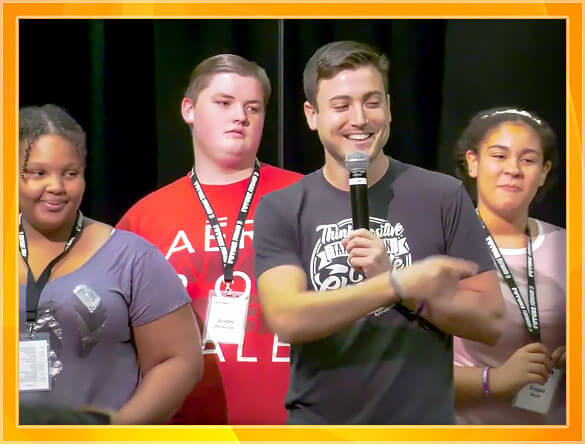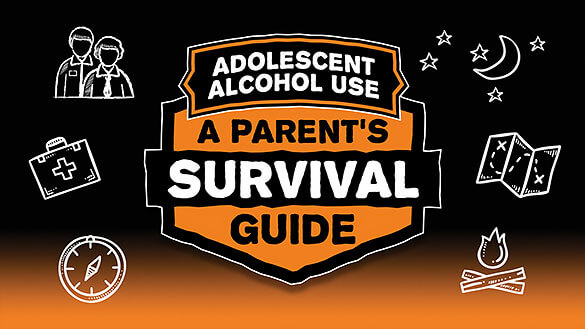Alcohol Prevention
Introduction
Alcohol is the #1 substance of abuse by youth and the most frequent drug of choice
for surveyed youth in the Sacramento County region. The SCCY has gathered input from community members including youth, and the leading issue they identified is that parents need to communicate with their kids about alcohol use and the dangers of alcohol, and share their expectations with their kids. The SCCY is initiating the Talk. They Hear You. campaign to reduce underage drinking by providing information and resources to parents/caregivers to start addressing the issue of alcohol use with their children early and often.
Get the Facts:
- Underage drinking is a national public health issue – an estimated 10 million people under the age of 21 drank alcohol in the past month in the U.S. [National Survey on Drug Use & Health, SAMHSA]
- Around 80% of children feel that parents should have a say in whether they drink alcohol [Jackson, C. 2002; Perceived legitimacy of parental authority & tobacco and alcohol use during early adolescence; Journal of Adolescent Heath 31(5), 425-432; Nash, S.G., McQueen, A., and Bray, J.H. (2005); Pathways to adolescent alcohol use: Family environment, peer influence, and parental expectations; Journal of Adolescent Health, 37(1), 19-28]
- Studies have shown that parents have a significant influence on young people’s decisions about alcohol consumption. [Nash, S.G., McQueen, A., and Bray, J.H. (2005); Pathways to adolescent alcohol use: Family environment, peer influence, and parental expectations; Journal of Adolescent Health, 37(1), 19-28]
- About 10% of 12-year-olds say they have tried alcohol, but by age 15, that number jumps to about 50%. The sooner you talk to your children about alcohol, the greater chance you have of influencing their decisions about drinking. [U.S. Department of Health and Human Services; The Surgeon General’s Call to Action to Prevent and Reduce Underage Drinking: A Guide to Action for Educators; U.S. Department of Health & Human Services, Office of the Surgeon General, 2007]
Tips for Parents:
- When parents know about underage alcohol use, they can protect their children from many of the high-risk behaviors associated with it.
- Parents who do not discourage underage drinking may indirectly influence young people’s alcohol use. By not saying anything, you are saying something!
- Keep an eye out for these signs of alcohol use or intoxication:
- Empty bottles, shot glasses, bottle openers
- Water or soda bottles (or other containers) used to conceal liquor
- Smell of alcohol on the breath
- Slurred speech
- Lack of coordination
- Nausea and vomiting
- Hangovers
To find out more on what to do if you suspect or confirm that your child is struggling with alcohol use, go to www.drugfree.org.
Ensuring that youth parties are alcohol-free is one important way we can keep young people from harm. Parties are important for teens and help develop their social skills. For suggestions on how to keep parties safe and fun, visit the Not in my House website.
Studies have shown that parents have a significant influence on young people's decisions about alcohol consumption, especially when parents create supportive and nurturing environments in which their children can make their own decisions.
You might be surprised at how much influence your words, actions and opinions can have on your child’s choices. Speak up and get the conversation started!
Talking Tips for Parents:
- Talk often – build strong trust.
- Have shorter, more frequent conversations.
- Remember, as they become teens, the conversation needs to change.
- Listen! Conversations go both ways.
- Remember, kids watch what you do along with what you say.
Helpful Links:


